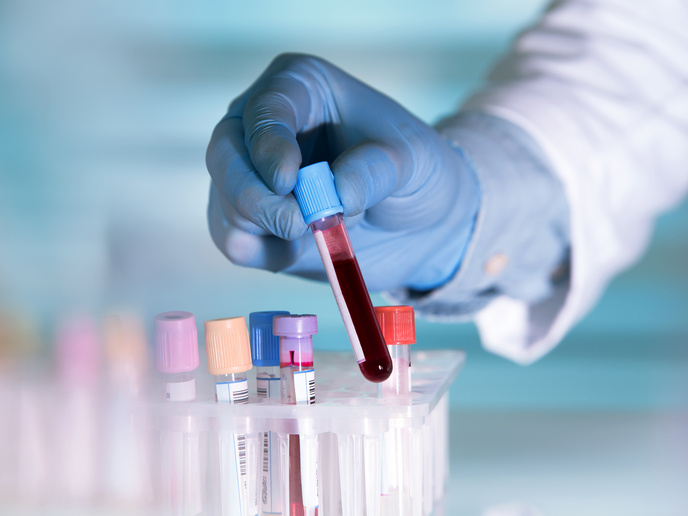Advancing immunotherapy to solve the colorectal cancer paradox
For many types of cancers, immunotherapy has emerged as a powerful tool for treating the disease. The exception is colorectal cancer (CRC), a disease that affects 1.4 million people every year. “We know that CRC is under the surveillance of the immune system, yet for some reason it is largely resistant to immunotherapy,” says Zlatko Trajanoski, a researcher at the Medical University of Innsbruck(opens in new window). “This is what we in the medical field refer to as the CRC paradox.”
The organ-on-a-chip
EPIC’s researchers wanted to know if there was a way to override this resistance using conventional drugs, sensitising tumours to immunotherapy. The goal of the project, which received support from the European Research Council(opens in new window), was to identify the root cause of CRC’s resistance to immunotherapy. Based on this, researchers aimed to develop personalised models for predicting a CRC patient’s response to a combination of immunotherapy and conventional drugs such as chemotherapeutics or targeted drugs. To achieve this, the project used patient-derived organoids: simplified, 3D versions of organs, produced in vitro, that replicate the organ’s structural and biological complexities. “As these 3D organ-like structures have the same genetic footprint as a patient’s tissue, they let us study the effects of various drug combinations,” explains Trajanoski, who served as the project coordinator. Using a process called functional precision profiling, the organoids were subjected to various drugs. Researchers measured the impact a drug had on intracellular signalling – the biological process that cells use to communicate. “While this signalling can regulate or even prevent the growth of cancer cells, sometimes these messages get lost,” adds Trajanoski. “When this happens, cancer cells can rapidly grow, possibly resulting in a tumour.”
Precision cancer immunotherapy
Researchers identified specific combinations of different drugs that have a profound impact on cell signalling. Whether that impact is beneficial or detrimental is both patient- and drug-specific. It can also be affected by the plasticity and non-genetic heterogeneity of the tumour. According to Trajanoski, this could pave the way for informing precision cancer immunotherapy. It also opens the door to cancer therapy based on a combination of immunotherapy and conventional drugs tailored to the individual patient. While the project’s work represents an important breakthrough in the treatment of CRC, it only scratches the surface of what’s possible. EPIC’s researchers produced a vast amount of data on cell signalling, nearly 90 % of which was not fully analysed. The project has made this data publicly available, and hopes that other researchers will be able to apply emerging methods, such as artificial intelligence, to extract new insights. Furthermore, as the EPIC project only used tumour cells, additional research is needed to test the approach in a more complex system. Doing so will provide additional information on the contribution of other cell types, including fibroblasts and immune cells. “We’ve provided novel biological insights into CRC and have laid the groundwork for creating patient-specific treatment plans,” concludes Trajanoski.







